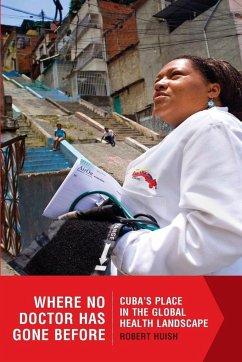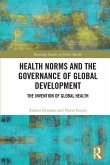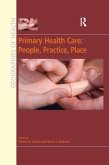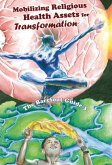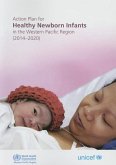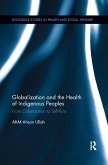Tens of thousands of people around the world die each day from causes that could have been prevented with access to affordable health care resources. In an era of unprecedented global inequity, Cuba, a small, low-income country, is making a difference by providing affordable health care to millions of marginalized people. Cuba has developed a world-class health care system that provides universal access to its own citizens while committing to one of the most extensive international health outreach campaigns in the world. The country has trained thousands of foreign medical students for free under a moral agreement that they serve desperate communities. To date, over 110,000 Cuban health care workers have served overseas. Where No Doctor Has Gone Before looks at the dynamics of Cuban medical internationalism to understand the impact of Cuba's programs within the global health landscape. Topics addressed include the growing moral divide in equitable access to health care services, with a focus on medical tourism and Cuba's alternative approach to this growing trend. Also discussed is the hidden curriculum in mainstream medical education that encourages graduates to seek lucrative positions rather than commit to service for the marginalized. The author shows how Cuba's Escuela Latinoamericana de Medicina (ELAM) serves as a counter to this trend. An acknowledgement of Cuba's tremendous commitment, the book reveals a compelling model of global health practice that not only meets the needs of the marginalized but facilitates an international culture of cooperation and solidarity.
Hinweis: Dieser Artikel kann nur an eine deutsche Lieferadresse ausgeliefert werden.
Hinweis: Dieser Artikel kann nur an eine deutsche Lieferadresse ausgeliefert werden.

